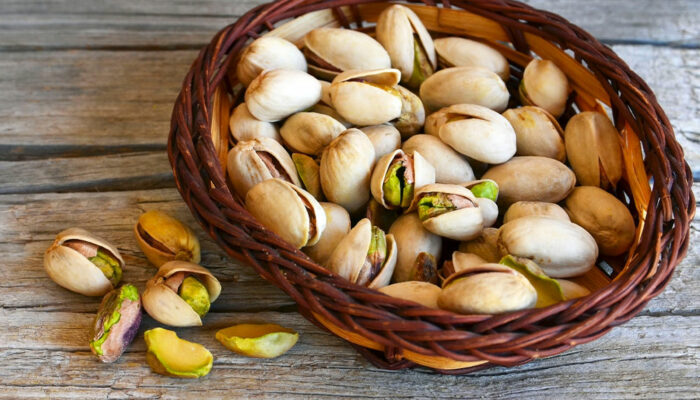
health
4 foods that can trigger heartburn
Gastroesophageal reflux disease (GERD), also known as acid reflux, causes heartburn. When the sphincter, which is at the base of the esophagus, malfunctions, acidic fluids from the stomach flow back into the food pipe, making one feel a burning sensation in and around the throat and abdomen. It is a common health condition, affecting 1 in every 5 people in the country. Some foods may trigger heartburn and should be avoided. Fried foods Deep-fried fatty foods take longer to digest compared to other foods, staying in the digestive system for longer. This results in the stomach making more acids to digest them. Fried foods such as onion rings and french fries are rich in unhealthy fats, making them key foods to avoid for heartburn management. Apart from delaying digestion, such foods tend to make the LES (lower esophageal sphincter) relax, making the gastric fluids back up into the esophagus. One should also avoid excessive butter, whole milk, sour cream, regular cheese, bacon, fat, ham, and lard, as well as desserts such as ice cream and creamy fruit salads when dealing with acid reflux issues. Coffee Caffeine is a major trigger of inflammation in people. Like fatty foods, caffeine-rich foods also relax the LES, resulting in the acids in the stomach flowing into the esophagus instead of passing through the excretory system.
Read More 








